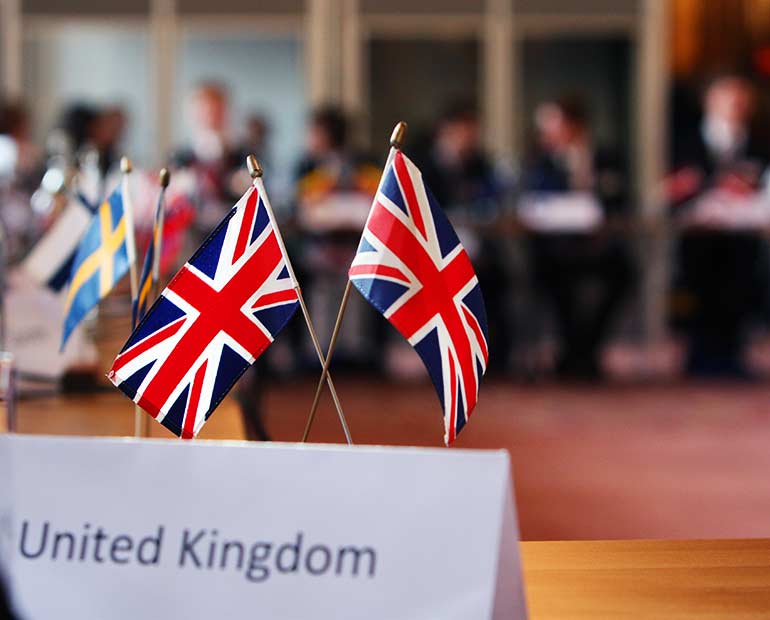In his departing email, announcing his resignation as UK ambassador to the EU, Sir Ivan Rogers warned that “serious multilateral negotiating experience is in short supply in Whitehall”.
Rogers’ departure further depletes that stock of expertise. But of more fundamental concern is that even if the civil service did have this experience at its finger tips, it might fail to make the most of it.
This is because, as Sir Ivan observes, “the structure of the UK’s negotiating team and the allocation of roles and responsibilities to support that team, needs rapid resolution”.
The Government may well be in “short supply” of experienced negotiators, but this is mitigated by the fact that any civil servant who has worked on issues such as fisheries, customs or migration will have spent at least some of their career thrashing out compromises with their European counterparts.
More serious is Sir Ivan’s second point, that the structure of the negotiation team and allocation of responsibility is yet to be resolved.
The Government has a range of options for running negotiations.
It could entrust the process to a small, self-contained team combining the expertise of UKRep (the UK’s permanent representation in the EU) with the body of analysis that the Department for Exiting the EU (DExEU) has been pulling together over the past six months.
Alternatively, UKRep and DExEU could step back into a leadership and coordination role, with individual departments taking greater roles in negotiating with the EU directly on detailed technical policy issues.
We may not have negotiated a Brexit before, but other countries have conducted similar big trade negotiations. These might provide clues on how to structure the discussions which will determine our future trade relationship with the remaining 27 member states.
What complicates matters is that as deals have become more complex, trade negotiations have ceased to be the exclusive preserve of diplomats and trade directorates. Issues such as intellectual property, trade in services and migration get drawn in and different, deeper expertise required.
This simply means trade departments step back into more of a coordinating role. For example, the US Trade Representative employs only 250 people – you could squeeze them into five carriages of Eurostar. This isn’t because the US doesn’t prioritise trade deals, it’s because it recognises that the trade department can only be the tip of the spear, and the success of the negotiation depends on the coordinated work of a dozen agencies across government.
Brexit negotiations could easily be of a similar complexity, in which case DExEU and UKRep could take the lead in coordinating negotiations, with individual departments likely to be heavily involved – particularly those such as Defra and BEIS where much of the relevant policy is currently made in Brussels.
That involvement, of course, will require departments to commit resources to the work. But so far they haven’t been given any additional cash from the Chancellor or any reduction in their existing commitments. This spells trouble.
Whatever model is chosen for running negotiations, it needs to be chosen soon. Well-oiled negotiating machines take a while to assemble and, three months from the start of negotiations, departments still don’t know which version of the machine they ought to be building. Let alone who will be operating them.
So in this sense, it isn’t the “short supply” of negotiating experience that is Theresa May’s biggest problem.
The risk is that she triggers Article 50 without actually knowing what to do with the expertise Whitehall does already have.


